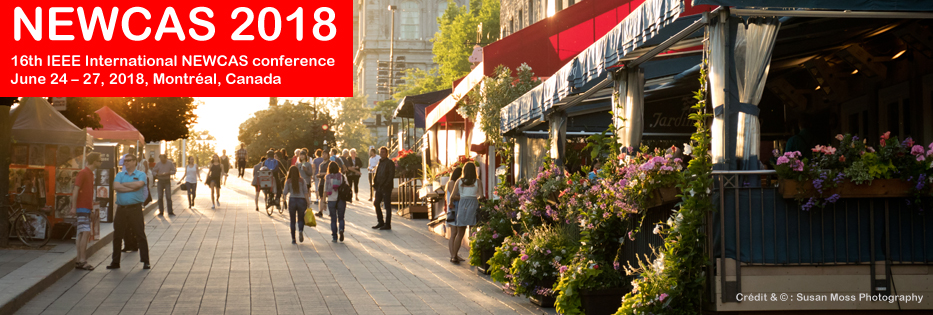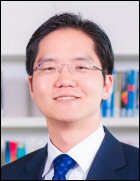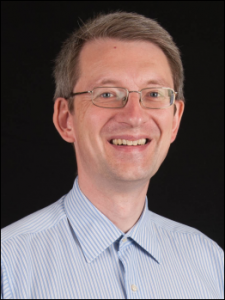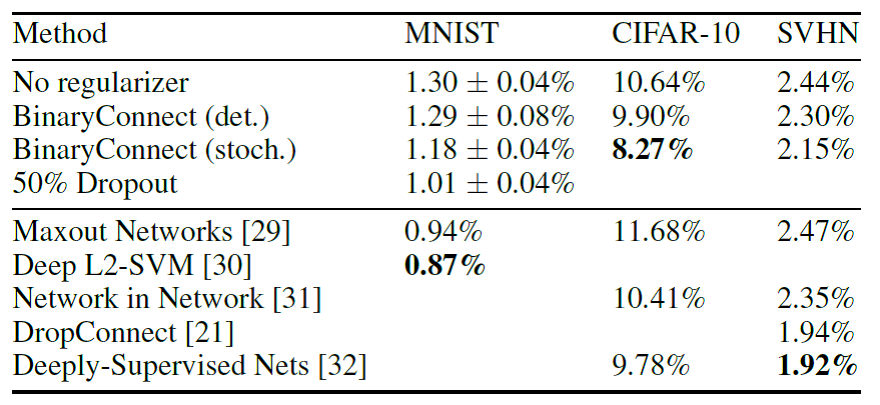EDITORIAL
We have taken steps to organize the next annual symposium to be held in Montreal on May 18, 2018. The program will feature the most recent work of keynote speakers and graduate students will present their own work during the poster competition. The best presentations will be rewarded with a cash prize. Visit the web page (resmiq.org > Students > Scientific poster competition) for more details. Also, we remind you that the deadline for papers submission is February 17, 2018. The executive committee strongly encourages all the members of ReSMiQ to submit their contributions and to participate in large numbers. Paper submission
ReSMiQ is a group of researchers in an interuniversity research center that can count on the support of the Fonds de recherche du Québec – Nature et technologies (FRQNT) and nine (9) Quebec universities involved in microsystems research.
NEWS FROM OUR MEMBERS
Exposure
– Dr. Boukadoum from Université du Québec à Montréal offered a tutorial entitled « Artificial neural networks for biomedical analysis and circuit synthesis » at the IEEE Life Sciences Conference (LSC 2017) held from December 13 to 15, 2017 in Sydney, Australia.
More details
– Dr. Beltrame from Polytechnique Montréal is visiting professor at the Wilhelm-Schickhard Institute for Computer Science at the University of Tübingen until August 2018.
Achievements
– Dr. Savaria and Dr. David from Polytechnique Montréal are supervising Michel Gémieux at the Ph.D. who is the recipient of an Hydro-Québec scholarship.
– Dr. Massicotte from UQTR received two (2) grants from MITACS as part of their Accelerate program in partnership with the company Opal-RT.
Involvment
– Dr. Massicotte from UQTR is one of the committee members of the research tools and instruments grants program (RTI) of the NSERC for 2017-2018.
RESMIQ’S ACTIVITIES


Jerald Yoo, a Solid State Circuits Society (SSCS) Distibguished Lecturer (DL), from the National University of Singapore, offered a seminar entitles «Design strategies for wearable sensor interface circuits – from electrodes to signal processing» at Polytechnique Montréal as part of ReSMiQ’s training activities in partnership with the Montréal chapter of the IEEE-SSCS.
Scientific poster competition
APPLICATION DEADLINE: April 9, 2018
More details
Scholarships and financial support
Financial support for invited researcher
APPLICATION DEADLINE: February 26, 2018
More details
Financial support for undergraduate students
APPLICATION DEADLINE: March 12, 2018
More details
Financial support for conference participants
APPLICATION DEADLINE: March 12, 2018
More details
SIGNAL is the main monthly information medium of the Microsystems Strategic Alliance of Québec (ReSMiQ). This newsletter aims to be an active link between the members of ReSMiQ and all individuals who have an interest in research and innovation in microsystems. We commit ourselves to promote in it our members’ research and increase ReSMiQ’s visibility.
ReSMiQ is a group of researchers in an interuniversity research center that can count on the support of the Fonds de recherche du Québec – Nature et technologies (FRQNT) and nine (9) Quebec universities involved in microsystems research.




